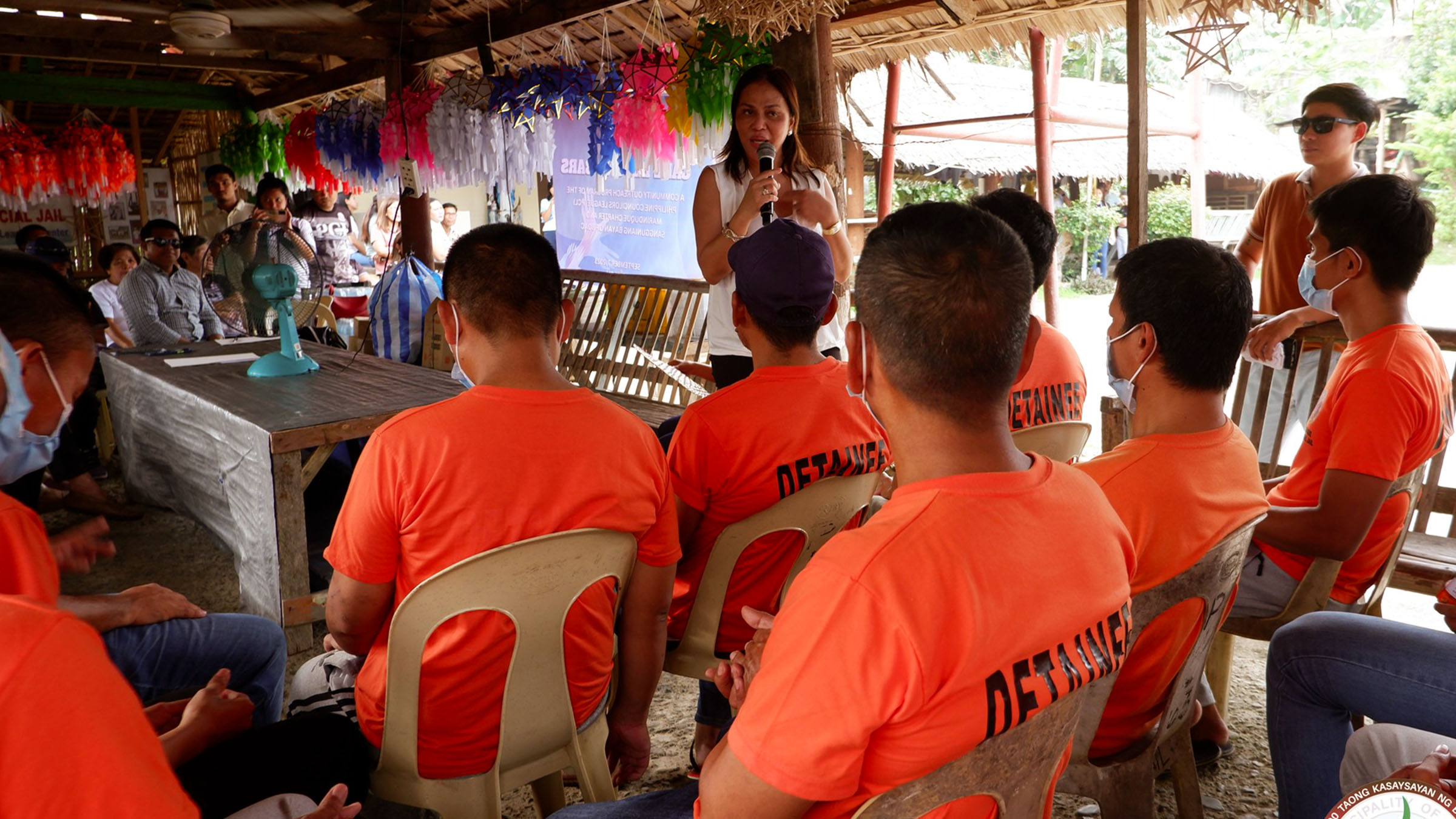BOAC, Marinduque — Marinduque Representative and House Speaker Lord Allan Velasco on Thursday called for swift and smooth passage of the proposed P5.024-trillion national budget for 2022 to avoid a reenacted spending program and ensure continuous government operations amid the ongoing COVID-19 pandemic.
“We, in the House of Representatives, need to get our act together to ensure swift and smooth passage of the 2022 national budget in order for the government to continue operating and provide much-needed services to the Filipino people as it is expected to,” Velasco said.
The House chief issued the statement as the Committee on Appropriations, chaired by ACT-CIS Partylist Rep. Eric Yap, kicked off its deliberations on the last full-year budget to be enacted under the administration of President Rodrigo Roa Duterte.
“Our aim is to pass the House version of the 2022 national budget by September 30 before we go on a break in time for the October filing of certificates of candidacy for all elective positions for the May 2022 elections,” Velasco said.
Velasco said the overall objective is for President Duterte to sign the 2022 General Appropriations Act by December to prevent a reenacted budget that could slow economic growth and hamper the delivery of government services.
The budget deliberations began three days after President Duterte—through the Department of Budget and Management—submitted to Congress the National Expenditure Program (NEP), which would assist the legislature in the review and deliberation of the government’s spending plan for next year.
The proposed 2022 national budget is focused on getting the Philippines back on the road towards full recovery from the devastating impacts of the pandemic.
The P5.024 trillion is equivalent to 22.8 percent of the country’s gross domestic product and is higher by 11.5 percent than the current 2021 national budget.
By sector, social services sector receives the biggest chunk of 2022 NEP with P1.922 trillion, which will fund health-related services such as continued implementation of the Universal Health Care Act, purchase of COVID-19 vaccines, procurement of personal protective equipment, among others. Education-related programs, including the implementation of the Universal Access to Tertiary Education, is also prioritized.
Next is the economic services sector, which gets P1.474 trillion largely to support flagship programs under the Build, Build, Build infrastructure program.
The general public services sector is allocated with P862.7 billion, debt burden with P541.3 billion, and defense sector with P224.4 billion.
Among the departments and agencies, the education sector covering the Department of Education, State Universities and Colleges and the Commission on Higher Education, receives the highest allocation with P773.6 billion.
This is followed by the Department of Public Works and Highways with P6.86.1 billion; Department of the Interior and Local Government, P250.4 billion; Department of Health and Philippine Health Insurance Corp., P242 billion; Department of National Defense, P222 billion; Department of Social Welfare and Development, P191.4 billion; Department of Transportation, P151.3 billion; Department of Agriculture and National Irrigation Authority, P103.5 billion; the Judiciary, P45 billion; and Department of Labor and Employment, P44.9 billion. — Marinduquenews.com


